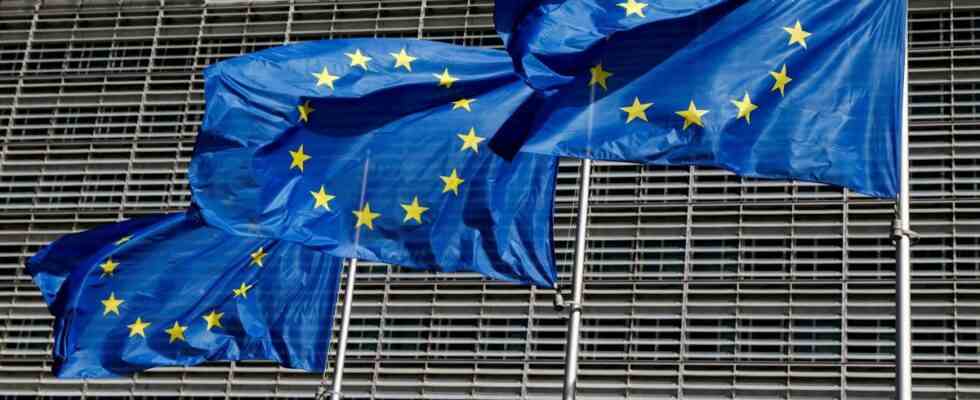15 EU countries are calling for a European gas price cap – why Germany is against it
What will become of Habeck’s gas allocation?
It is still unclear how the controversial gas levy will continue. It is also unclear what further help for consumers could look like. Some prime ministers have already expressed wishes for which the federal government should make money available.
The German federal government had spoken out against introducing a gas price cap at EU level. Now 15 countries are emphatically demanding exactly that in a letter to Energy Commissioner Simson – including France, Italy and Poland.
AAs an emergency measure against high energy prices, more than half of the countries in the European Union have called for an EU-wide gas price cap. Greece, Italy, Belgium, France and eleven other countries sent a letter with the corresponding demands to the EU Energy Commissioner Kadri Simson on Tuesday.
In it, the governments call on the EU Commission to immediately present a proposal for a maximum price for gas. This should refer to gas deliveries from abroad – such as imports from Russia and other countries – but also to transactions at wholesale centers within the EU, according to the letter, which is available to the dpa news agency.
The states left it open what that could look like in concrete terms and how high the lid should be. It is clear that the previous proposals of the EU Commission, which is responsible for legislative initiatives, do not go far enough. The authority had recently made no concrete proposals for a gas price cap to counteract the high prices. Instead, she suggested first skimming off the excessive profits of oil and gas companies and many electricity producers and using the money to relieve consumers.
According to the authorities and economists, a price limit would be an even more drastic intervention in the market. It is feared that this would lead to third countries then supplying less gas or no gas at all to EU countries and instead selling it elsewhere – for example to Asia.
However, the states argue in their letter that a price cap can curb inflationary pressures and at the same time manage expectations. “It can be designed in a way that ensures security of supply and the free flow of gas within Europe, while at the same time meeting our common goal of reducing gas demand,” the states write.
Germany in particular had spoken out against a price cap. The Federal Republic receives virtually no more gas from Russia and pays a lot for supplies from other countries such as Norway.
“It would certainly be a big problem for Germany if you couldn’t bid higher than other member states to get the gas you need in Germany,” said economist Georg Zachmann from the Brussels think tank Bruegel of the German Press Agency. “It would be attractive for some well-supplied EU countries if the Germans could no longer buy the gas and drive up the prices.”
The letter was signed by Belgium, Bulgaria, Croatia, France, Greece, Italy, Latvia, Lithuania, Malta, Poland, Portugal, Romania, Slovakia, Slovenia and Spain. The energy ministers of the EU countries will meet on Friday to decide on possible emergency measures.
“Kick-off Politics” is WELT’s daily news podcast. The most important topic analyzed by WELT editors and the dates of the day. Subscribe to the podcast at Spotify, Apple Podcasts, Amazon Music or directly via RSS feed.


